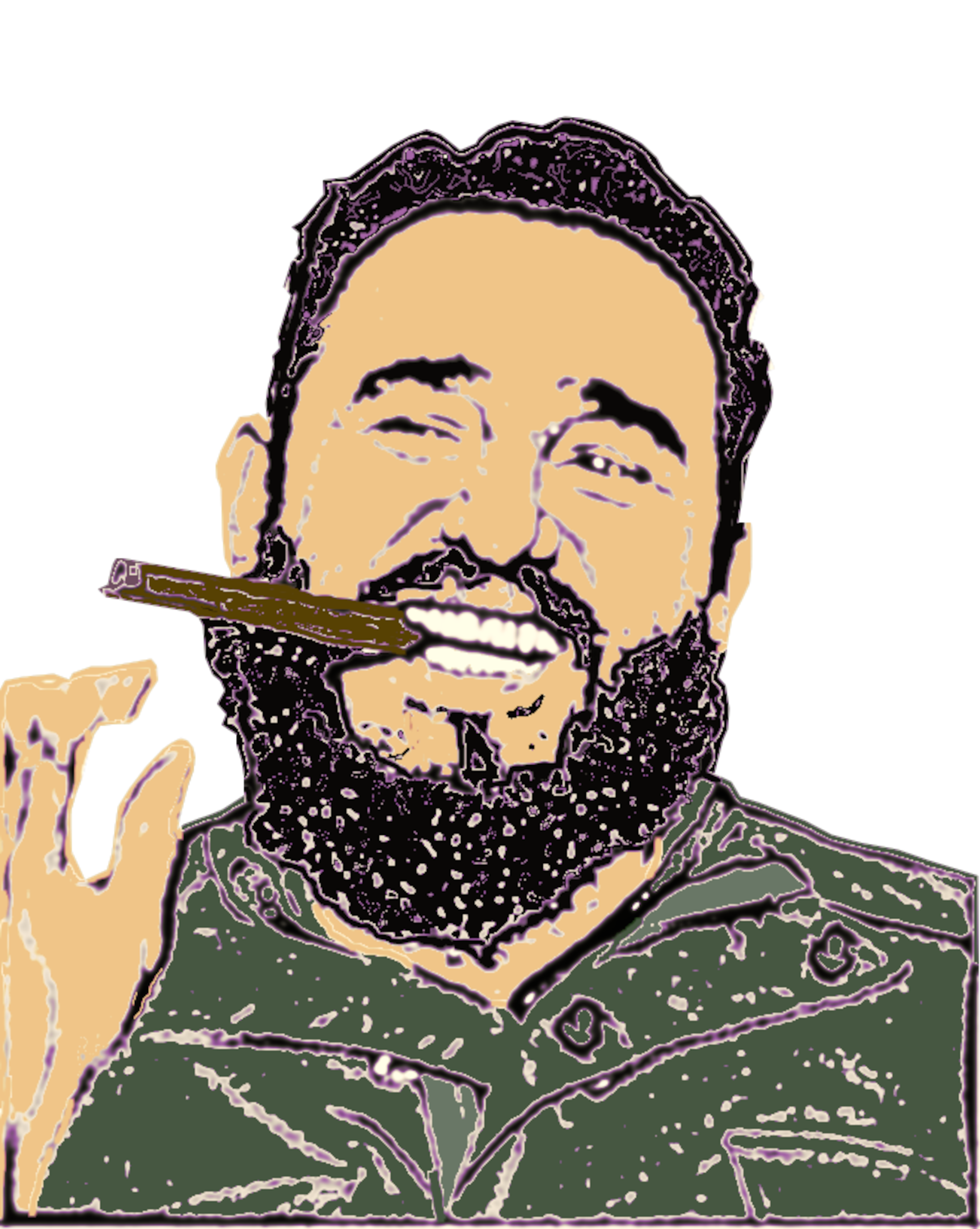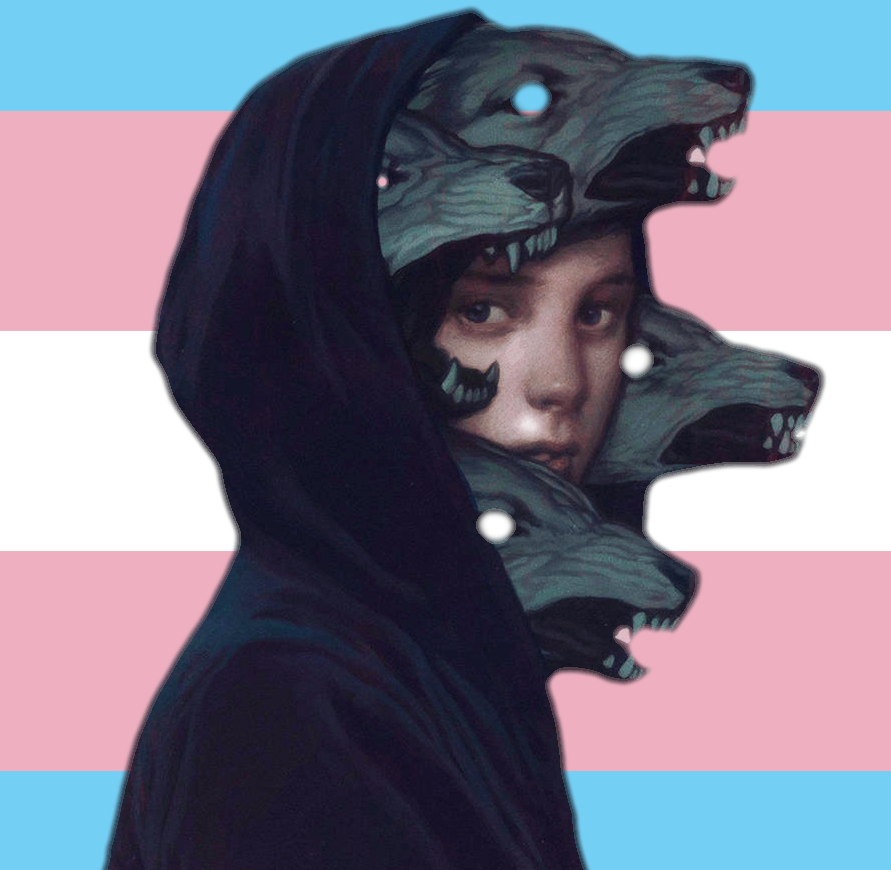Drake saying no to the conventional class system of lower, middle and upper class, but saying yes to the marxist distinction based on one’s ownership of means of production and the ability to profit off of another class’s labor.
Proletarians sell the value of their labor to bourgeois who profit off of the excess value the workers produce, and typically own the means and infrastructure of production, be it a factory or a farm, or in more recent and digital times, usually the “Cloud”, ad space, the social media platform (youtube, facebook, twitter), and digital marketplace (Amazon, who has monopsony power on digital sellers)
“Middle class” does get used propagandistically to confound worker solidarity.
Marxists themselves, though, when developing revolutionary strategies, do make finer distinctions within the two classes of the particular society they’re strategizing about.
Hard to compare someone working the fryers at McDonald’s to an office worker making six figures, though they both fit in the first bucket as defined
Professional Managerial Class
Okay but Marxism also has the Lumpenproletariat and Marx even gets weird with it by suggesting shit like lumpen aristocrats.
We all know its more complicated than just bourgeois and proletariat. But drawing that distiction and simplifying it to these two broad classes is clarifying and powerful for explaining what our entire global order boils down to very quickly.
Unfortunately I don’t think everyone knows this. Many people learned about Marxism through memes (don’t laugh) and those people maybe couldn’t accurately explain the Marxist class theory.
Also many people who came to Hexbear came by other means than being Marxist. Many people came to Hexbear for veganism, being LGBT, Ukrainian war coverage, etc. Some of them are Marxists, but not everyone who joins Hexbear is a Marxist. Not every person on Hexbear has a good understanding of Marxism.
I think it’s okay that they are here but you should be aware that not every knows everything that you know.
If we say that class is a person’s relation to labor and the means of production, bourgeois own the means of production and purchase labor to extract profit, proletarians do not own the means of production and must sell there labor, then there are examples of people who have some characteristics of either class and don’t necessarily fit into either class.
Artisans are people who are an expert at a skill and sometimes own the means of production for their craft. They own the things that they create and do not sell their labor to the bourgeoisie. They sell the things that they make.
Small business owners may either own the means of production and not be able to purchase labor, or they may be able to purchase labor but not be able to afford the means of production. Some small business owners are not successful enough at extracting profits, that they also have to sell their own labor.
I think it’s important to recognize this class of people because it is presented in American culture as the “American Dream”. In American culture, people are taught to believe that the ideal lifestyle involves both selling your labor and extracting labor value from others. This is what I believe is the real “middle class”. It is “middle class” because it has a mix of characteristics between bourgeois and prole. It is maybe why so many people want to call themselves middle class. It is really nefarious because it blurs the lines drawn of class conflict
The ruling class is someone who primarily uses capital to gain capital.
The working class is someone who primarily uses labor to gain capital.
An artisan is clearly selling their labor. “But they own their own tools” is so astoundingly irrelevant.
No it’s not irrelevant because Marx says that people gain class consciousness through recognizing that they are exploited by the people who purchase their labor. The artisan doesn’t experience the same struggle as someone who sells their labor directly to a capitalist.
The problem is not “selling your labor”. Exploitation occurs by surplus labor value being extracted from your labor. The exploitation is that the capitalist pays the proletarian less than their labor value produces. When an artisan sells things that they have made, they receive their full labor value.
The artisan is not being directly exploited by the capitalist and therefore probably does not see capitalists as the “ruling class”.
deleted by creator
-
There’s no such thing as pure class. Marx is explicit that his analysis is abstraction to aid understanding.
-
Does the artisan or “small business owner” have student or business loans to a bank? Do they pay rent or a mortgage? They are exploited by capital.
-
Artisans class consciousness is affected by the fact that access to capital and self determination is kind of pay walled. Artisans are often the children of bourg and petty bourg, or aspirational intellectual proletariat. Noone else can afford to go to art school or conservatory for 6 years and support themselves unless their patents are rich or at least well-off.
-
Artisans don’t experience the same alienation, though. They aren’t alienated from the means or the product of their work.
I think that a middle class does exist. It’s not a class in and of itself, but there is a middle strata of labor aristocrats, kulaks, managers/taskmasters, members of the security state, and various professionals (some working class, some petite bourgeois). This middle strata does tend towards reaction due to an intense anxiety towards proletarianization/expropriation, and their current relative wellbeing is intrinsically tied up with the capital order.
Basically the labor aristocracy. Those that still sell their labor to the bourgeois, but earn enough to live comfortably in the system and have aligned their interests with the bourgeois because “one does not bite the hand that feeds them”
And “middle class” could even go further to describe them as being labor aristocrats until they retire upon when they become petite bourgeois renting out their family homes to the working class. They straddle the class line.
Fighter, Rogue, Wizard
Intersectionality be like: dwarven fighter, orc rogue, elven wizard
(this is intended as a complement to your meme, not a challenge. sometimes people get in the weeds debating which class someone’s in and I think this approach cuts through that)
aimixin on why people can have characteristics of more than one class, what matters is the dominant aspect
Marxism is dialectic, it rejects absolute pure categories. Things sort of exist on a spectrum but sort of don’t. The way Marxists use categories is to understand that everything is connected to each other through a series of quantifiable interconnected steps, but that something is always dominant, and this dominant aspect is what determines the overall quality of the thing in question.
If you’re trying to shove everything into a pure category of absolutely worker, absolutely capitalist, then this is just a useless endeavor. When we talk of “worker” or “capitalist,” we don’t mean it as if these are pure categories, where a worker can’t ever own capital, or that a capitalist can’t ever do labor. They may do these things, they may exist somewhere in between. But clearly at some point, certain characteristics become dominant over others. Clearly Jeff Bezos’s class interests are not the same as a minimum wage worker, as the latter likely has next to no capital while the former has far more capital than he could ever, by his own labor, afford.
There is no reason to try and shove this person you’re describing into a specific absolute box. If they’re a salaried worker who runs some very small business / self-employment on the side as supplemental income, you could just say they’re a worker with petty bourgeois characteristics. You don’t have to say they’re absolutely “petty bourgeois” or a “worker”. You can just describe that they have characteristics of multiple categories. No reason you cannot do this.
 great post
great postNuanced = based
“middle class” does have some use in describing a mindset and an aesthetic but isn’t like, a real thing. the class character of “middle class” people can vary wildly










